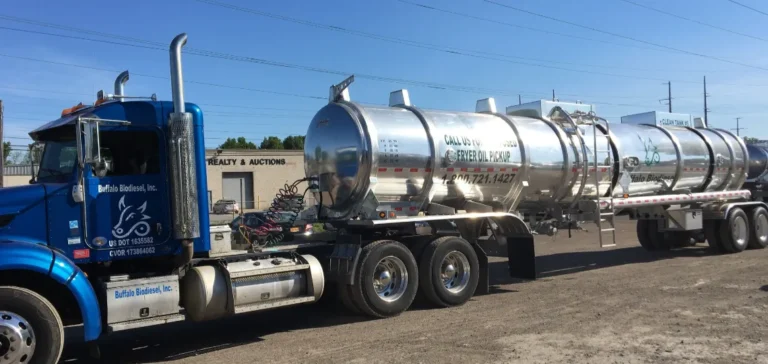Buffalo Biodiesel Inc., a Buffalo-based company active in the collection of used cooking grease and the production of renewable fuels, has announced a financing agreement with Verite Capital Partners. The investment programme includes a total of $300mn to support large-scale industrial and geographic expansion.
Regional-scale industrial rollout
The agreement outlines a phased development of operations in 25 states located east of the Mississippi River, up from the current 15. The company’s operational footprint will stretch from Canada to the southeastern United States, covering a strategic corridor between Montreal and Miami.
The construction of two new renewable natural gas (RNG) plants — one in the Northeast and the other in Mississippi — is a key component of the investment plan. At full capacity, Buffalo Biodiesel expects to create over 600 new jobs to support this industrial and logistical scale-up.
Equity entry by Verite Capital Partners
As part of the deal, Don Jones, founder of Verite Capital Partners, will become a minority shareholder in Buffalo Biodiesel and will assume the role of Chairman of the Board once the full investment has been deployed. This change in governance is aimed at strengthening the strategic foundation of the partnership during the upcoming growth phases.
Buffalo Biodiesel currently operates a collection network serving over 28,000 food service establishments across 15 states. With the new capital, the company plans to reinforce its processing capabilities, modernise its operational monitoring systems and expand its regional coverage into high-potential areas.
Strengthening position in the alternative fuel market
The two upcoming industrial facilities will complement the existing infrastructure by integrating technologies for energy recovery from organic waste. This enhancement will boost renewable gas production capacity in areas that remain underdeveloped in this segment.
Through this operation, Buffalo Biodiesel reaffirms its growth strategy focused on optimising collection flows, establishing regional processing sites, and creating industrial employment across the eastern US. The agreement also contributes to a broader structuring of the supply chain for alternative fuels derived from recovered organic resources.






















